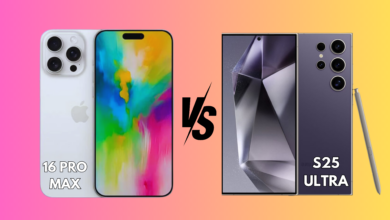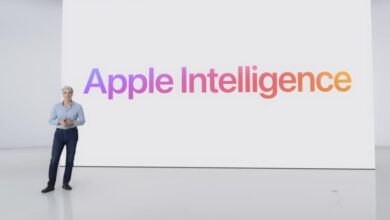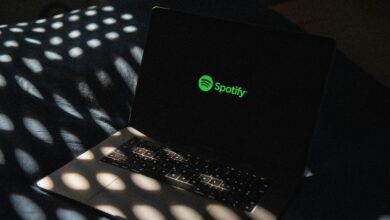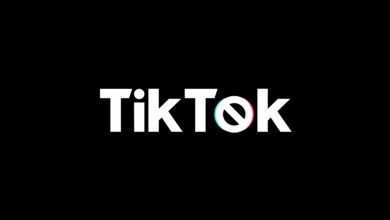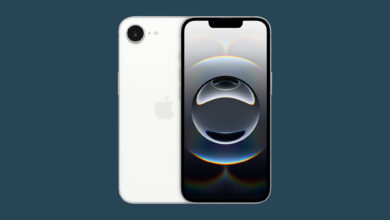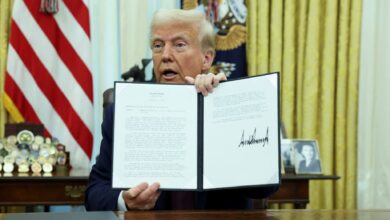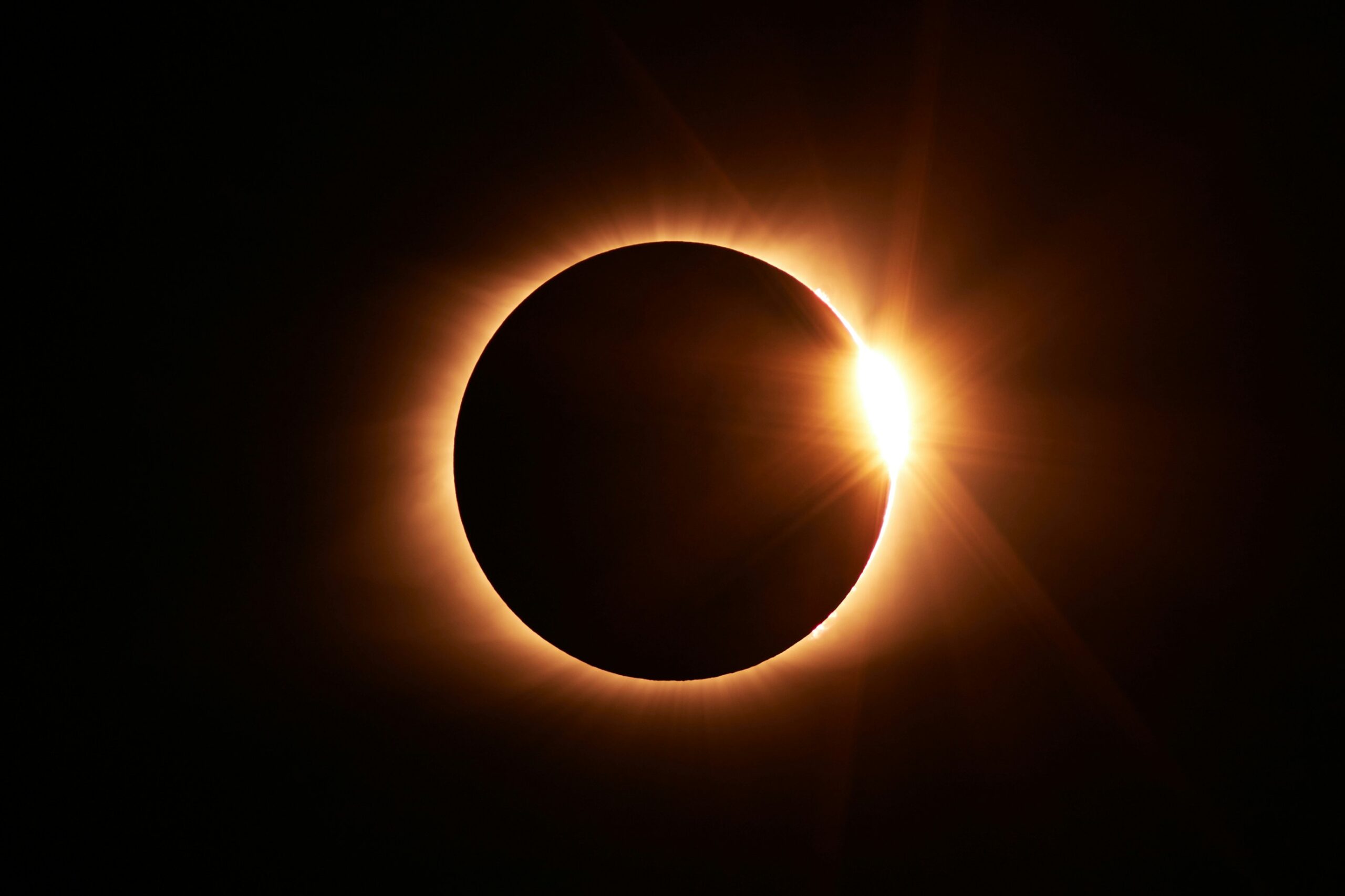The Supreme Court’s Potential TikTok Ban: Breaking Down the Key Issues, Arguments, and What Comes Next

The United States Supreme Court is facing a landmark decision that could have wide-reaching effects on technology, free speech, and national security. At the heart of the debate is TikTok, the popular social media app with 170 million users in the U.S., and whether it poses a threat to national security. A new law passed by Congress earlier this year aims to ban TikTok unless its Chinese parent company, ByteDance, sells its stake in the app. The law is set to take effect on January 19, 2025, unless the Court intervenes. This case raises questions about data privacy, freedom of speech, and the balance between national security and individual rights. In this article, we will explain the case, the arguments on both sides, and what could happen next.
The TikTok Ban: Why It Matters
TikTok is one of the world’s most popular apps, allowing users to create and share short videos. It’s especially popular among young people in the U.S., where it has become a major platform for entertainment, education, and even political activism. But its parent company, ByteDance, is based in China, and this has raised concerns in Washington. Lawmakers worry that the Chinese government could use TikTok to collect sensitive data on American users or influence public opinion by manipulating the app’s algorithm.
To address these concerns, Congress passed a law earlier this year that requires ByteDance to sell TikTok or face a ban in the U.S. Critics of TikTok argue that it’s not just a social media app but a potential tool for espionage and propaganda. Supporters of TikTok, including the company itself, say these fears are overblown and that the ban would violate the First Amendment, which protects free speech.
The Supreme Court Takes the Case
The Supreme Court’s role in this case is to decide whether the ban is constitutional. On one side, the government argues that the ban is necessary to protect national security. On the other, TikTok and its supporters say the ban goes too far and infringes on the rights of users and the company. The Court heard over two hours of arguments, during which the justices debated the balance between free speech and national security.
What the Justices Said
Chief Justice John Roberts seemed skeptical of TikTok’s free speech claims. He pointed out that Congress’s main concern is not with the content on TikTok but with the data it collects. “They’re not fine with a foreign adversary gathering all this information about the 170 million people who use TikTok,” he said. Justice Brett Kavanaugh echoed this concern, saying that the app’s vast data collection could be weaponized by China.
Justice Elena Kagan, a liberal member of the Court, initially questioned whether the First Amendment protections even apply to ByteDance, a foreign company. However, she later asked whether the government’s actions might set a dangerous precedent. She compared the situation to the Cold War, asking whether Congress could have banned a Soviet-controlled newspaper in the U.S. for similar reasons.
Justice Neil Gorsuch raised questions about whether banning TikTok is the best way to address the issue. “Don’t we normally assume that the best remedy for problematic speech is counter speech?” he asked. This line of questioning suggests he is concerned about the broader implications of banning a platform used by millions of Americans.
The Government’s Argument
The Biden administration, represented by Solicitor General Elizabeth Prelogar, argued that the law is about protecting Americans from potential threats. “For years, the Chinese government has sought to build detailed profiles about Americans,” she said. She explained that TikTok’s data could be used for blackmail, recruitment, or other harmful purposes. She also noted that TikTok’s algorithm-driven content recommendations could be manipulated to spread propaganda.
Prelogar emphasized that TikTok is different from traditional media. Unlike a newspaper or TV channel, TikTok’s algorithm determines what users see, which could be influenced by ByteDance or the Chinese government. This makes it a unique national security concern, according to the administration.
Read More:
- Samsung Galaxy S25 Ultra vs iPhone 16 Pro Max: The Most Exciting Phones of 2025
- Why Did Meta’s Platforms Go Down? Inside the Latest Facebook and Instagram Outage
- Privacy Nightmare: Microsoft’s Recall AI Tool Sparks Controversy
TikTok’s Defense
TikTok’s lawyer, Noel Francisco, argued that the ban is unnecessary and unconstitutional. He pointed out that there is no evidence that TikTok has misused user data or allowed the Chinese government to interfere with the platform. He warned that banning TikTok would set a dangerous precedent, allowing the government to shut down any platform it deems a threat without solid evidence.
Francisco also highlighted the impact a ban would have on American users. “On January 19, as I understand it, we shut down,” he said. This would affect not only users but also content creators who rely on TikTok for their livelihoods.
How a Ban Would Work
If the Supreme Court allows the law to take effect, TikTok would be removed from app stores, making it impossible for new users to download the app. Existing users would still have the app on their devices, but it would gradually stop working as updates and security patches become unavailable. Internet service providers would also be required to block TikTok, adding another layer of enforcement.
Despite these measures, experts say determined users could still access TikTok through virtual private networks (VPNs). VPNs allow users to bypass geographic restrictions by masking their location. This workaround could make enforcement difficult and raise questions about the effectiveness of the ban.
What Happens Next?
The Supreme Court is expected to decide soon whether to temporarily block the ban while it considers the case. If the ban takes effect, it could have significant consequences for the tech industry and free speech in the U.S. It could also force other social media platforms to rethink how they handle data and comply with government regulations.
President Biden’s administration could negotiate a deal with ByteDance to avoid the ban, but this would require significant concessions from both sides. Justice Sonia Sotomayor noted that businesses must comply with the law unless it is explicitly repealed or amended. “Whatever the new president does doesn’t change that reality for these companies,” she said.
Broader Implications
This case has far-reaching implications beyond TikTok. It raises questions about how the U.S. regulates foreign-owned tech companies and protects user data. It also highlights the tension between national security and free speech, a debate that has come up repeatedly in American history, from the Red Scare to post-9/11 surveillance measures.
Privacy advocates warn that the ban could accelerate trends toward internet fragmentation, where countries create their own isolated digital ecosystems. This could undermine the principles of a free and open internet. On the other hand, supporters of the ban argue that it’s necessary to protect Americans from potential threats in an increasingly interconnected world.
Final Thoughts
The Supreme Court’s decision on the TikTok ban will be one of the most important rulings in recent years, shaping the future of technology, free speech, and national security in the U.S. Whether the Court upholds the ban or blocks it, the consequences will be felt far beyond TikTok’s user base. As the January 19 deadline approaches, the nation awaits a decision that could redefine the boundaries of government power in the digital age.


